A disappointing year for growth in the UAE
09 November, 2017 | By ELIZABETH BAINS
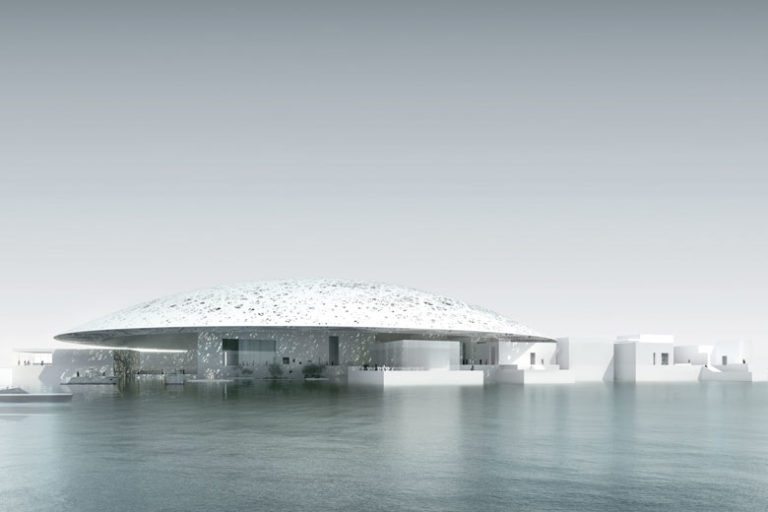
The UAE is seeing muted growth in 2017, estimated at less than 1.5 per cent, as low oil prices and production cuts weigh on the economy.
The non-hydrocarbons sector is faring much better, with GDP growth of more than 3 per cent, but it is largely Dubai’s preparations for hosting Expo 2020 that have been driving the market.
Capital spending in Abu Dhabi (outside the hydrocarbons sector, which is having a strong year for contract awards) remains constrained, with the focus instead on completing megaprojects such as the new airport terminal, the $1.6bn strategic tunnel enhancement wastewater project and the Louvre museum, which is due to open in November.
To boost income, the federal government is introducing new taxes, beginning with excise duties on tobacco and carbonated drinks this month and VAT to follow at the start of next year. While this makes good sense economically, for the ordinary person it is another leap in the cost of living in the UAE.
With about 80 per cent the population comprising expatriates, it is essential the country remains an attractive lure for foreign workers. The rising costs coupled with stagnant wages risk tipping the balance. In this regard, it is fortunate that property prices are weakening. What would usually be seen as a negative economic barometer, falling rents and sales prices on this occasion will be welcomed by the authorities as helping to soften the blow of the new taxes being introduced.
Related Posts
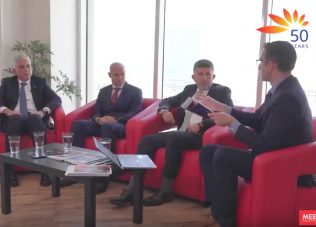
On 25 October, the first episode of the MEED Mashreq broadcast series took place. For this inaugural broadcast, we welcomed an expert panel to discuss the new realities of the construction sector ...
READ MORE
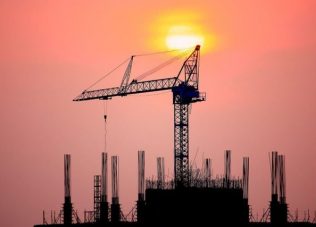
Governments are starting to shelve upcoming projects that are no longer considered necessary
It is now five years since oil prices began to collapse in late 2014. As a major oil ...
READ MORE

Enhanced oil recovery represents the leading front for oil extraction capacity expansion in the Gulf
Enhanced oil recovery (EOR) in the Middle East took a leap forward in November with the ...
READ MORE
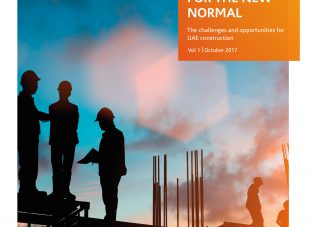
The region-wide fiscal rebalancing triggered by the fall in oil prices since 2014 has had a profound effect of the region’s construction industry.
Many of the issues that have dogged the ...
READ MORE
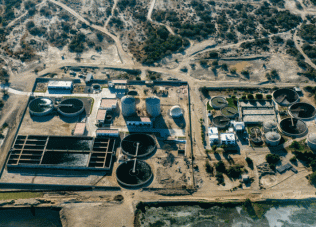
Increased pressure on the supply of water is resulting in a regional shift towards private finance and the separation of water and power generation facilities
Securing adequate water supplies is one ...
READ MORE
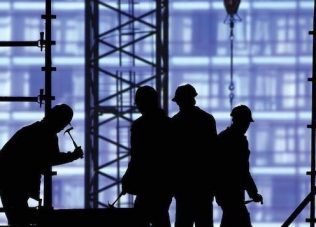
GlobalData downgrades Mena growth outlook amid oil market uncertainty and Covid-19
GlobalData has cut further its construction output growth forecast for Middle East and North Africa (Mena) region for 2020 to - ...
READ MORE
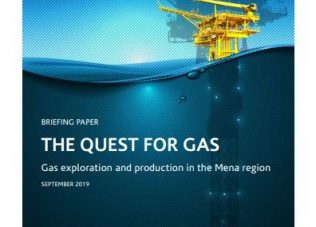
Natural gas production maintains steady incline
Middle East producers are boosting natural gas output to meet rising energy demand
About $33.5bn-worth of gas exploration and production projects are under execution across the ...
READ MORE
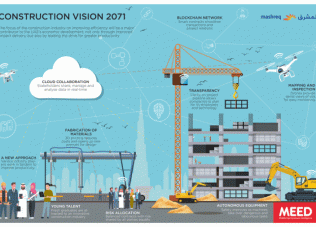
Depicting the construction worksite of the future
Improving efficiency in the way major projects are delivered will make a huge contribution to the economic development of the region, not only by ...
READ MORE
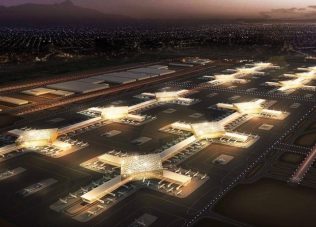
The substructure package is the largest contract to be tendered for the expansion of Al-Maktoum International airport
Dubai Aviation Engineering Projects (DAEP) has given selected bidders an end of July deadline ...
READ MORE
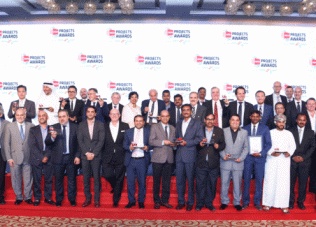
The Gulf region’s highest-quality projects were announced at the 2018 MEED Projects Awards in association with Mashreq.
“Recognising quality projects is not just about winning an award, but a means by which ...
READ MORE
BROADCAST 1: The new realities of construction in
Future projects are threatened by subdued population growth
Optimising value from oil assets with tertiary recovery
New Thinking for the New Normal
Surging demand opens water investment taps
Mena construction outlook drops to -2.2 per cent
BRIEFING PAPER: The Quest for Gas
Infographic: Construction vision 2071
Dubai sets July deadline for Al-Maktoum airport bids
Winners of MEED Projects Awards, in association with
09 November, 2017 | .By ELIZABETH BAINS













